Woke Up Like This: How Breakfast Can Seriously Lower Your Type 2 Diabetes Risk
Muhe - Wednesday, 16 July 2025 | 02:30 AM (WIB)
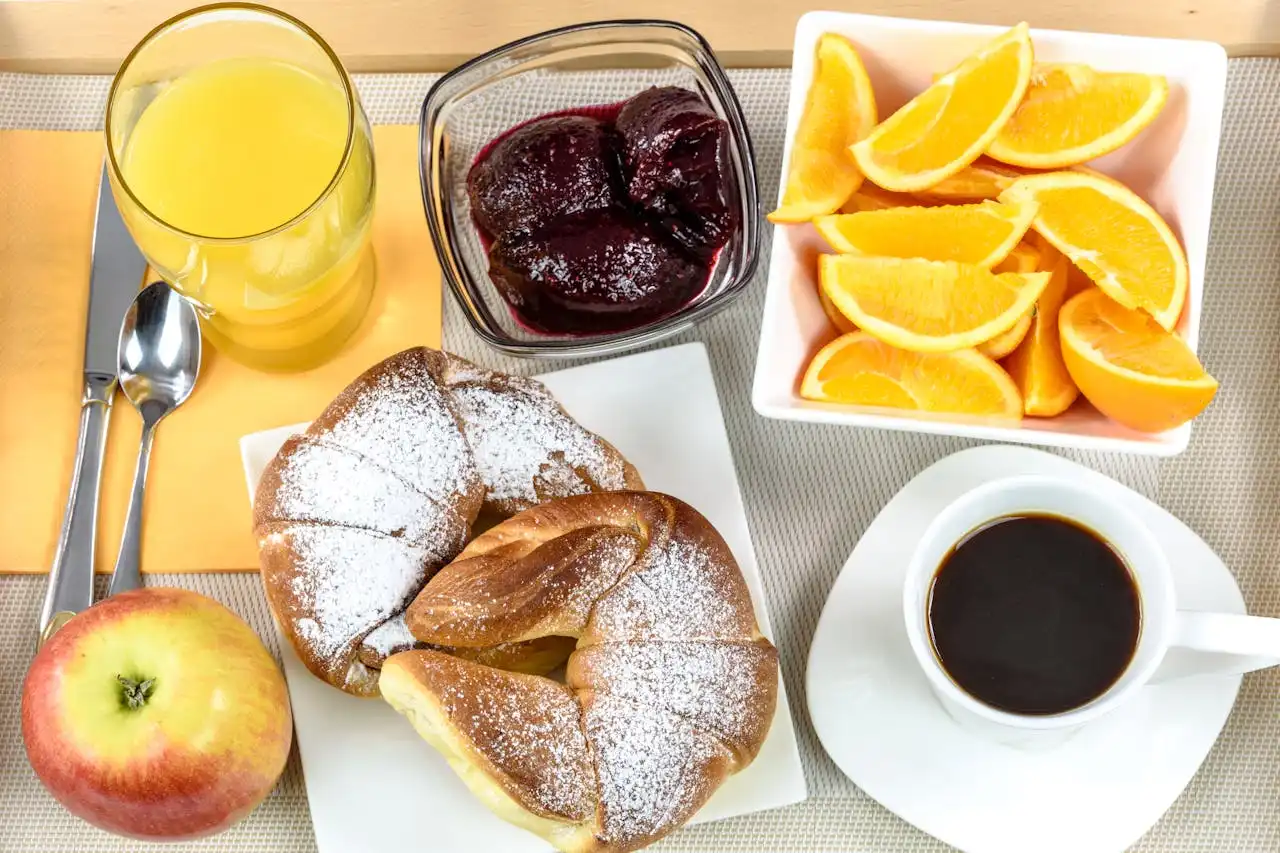

The Metabolic Maestro: Why Breakfast Calls the Shots
Think of your body like a super-efficient, albeit sometimes grumpy, machine. And insulin? That’s the crucial key that unlocks your cells, allowing sugar (glucose) from your food to enter and be used for essential energy. Now, when you skip breakfast, especially after an overnight fast (you know, when you've been asleep for hours), your body wakes up feeling a bit like it's been in a famine. Your blood sugar levels might be low, and when you finally *do* eat – often a larger, more indulgent meal later in the day – your system gets hit with a big, sudden glucose bomb. This can cause a massive surge in blood sugar, forcing your pancreas, that hardworking organ, to pump out a lot of insulin all at once. Over time, if this pattern repeats – big spikes, big insulin responses, day in and day out – your cells can become less responsive to insulin. It’s like they've heard the key turning too many times and just aren't bothering to open the door anymore. This state, my friends, is called insulin resistance, and frankly, it's basically the unwelcome VIP pass to Type 2 diabetes. Regularly eating breakfast, especially one balanced with protein and fiber, helps gently wake up your metabolism. It sends a consistent signal that food is available, allowing for a more gradual, controlled release of glucose and a more measured, efficient insulin response. It keeps your cells 'tuned in' and receptive, like they're always ready for action.The Data Speaks: Science Backs the Morning Munch
Now, you don't just have to take my word for it. The science gang, bless their diligent hearts, has been digging into this for ages, and frankly, their findings are a bit of a wake-up call. Studies, from large cohort investigations tracking thousands of people over decades to more focused, in-depth research, consistently show a pretty stark connection. We're talking about a significant statistical link here: folks who regularly skip breakfast tend to have a noticeably higher risk of developing Type 2 diabetes compared to those who consistently make it a morning ritual. One notable study, for instance, pointed out that skipping breakfast four or more times a week could bump up your risk by a noticeable percentage. It’s not just some casual correlation; there's a strong vibe that this morning meal plays a truly crucial role in regulating blood sugar and improving insulin sensitivity over the long haul. It's like a daily dose of metabolic training, keeping your body's complex systems sharp and ready for whatever the day throws at them.It's Not Just Eating, It's What You Eat: The Smart Start
But hold up! Before you reach for that sugary doughnut that’s calling your name, or a giant bowl of those brightly colored, frosted cereals, let's have a quick chat about *what* you're actually putting on your plate. Because let’s be real, not all breakfasts are created equal, right? A breakfast loaded with refined carbs and sugar – think pastries, sugary cereals, juices with tons of added sugar, or even those seemingly innocent "energy" bars – can actually mimic the very problem we're trying to avoid. It sends your blood sugar soaring, triggering that massive insulin spike we talked about. It's like trying to put out a small fire with gasoline, if you catch my drift. The real MVPs of a diabetes-preventing breakfast are whole grains, lean proteins, and plenty of fiber. We're talking things like hearty oats, whole-wheat toast topped with avocado, eggs (scrambled, poached, boiled – pick your poison!), Greek yogurt, a handful of nuts and seeds, and, crucially, plenty of fresh fruits and veggies. These foods slow down glucose absorption, provide sustained, steady energy throughout your morning, and keep you feeling genuinely full and satisfied. And that, my friends, is a bonus point, because it helps prevent those inevitable mid-morning snack attacks on the office vending machine, where all healthy intentions often go to die.Real-World Hacks: Making Time for the Morning Meal
Okay, so we get it – breakfast is important. But in our mad dash lives, who honestly has the time, right? "I'm not hungry in the morning," "I'm trying to cut calories," "I just don't have time!" These are the mantras we often find ourselves chanting. But let's be real: time is a construct, and hunger can absolutely be trained. For those who aren't natural morning eaters, start small. A piece of fruit, a handful of nuts, or a small container of yogurt. Gradually, your body will adapt and start expecting that morning fuel. As for time, meal prepping is your ultimate bestie. Think overnight oats ready to grab from the fridge, pre-portioned smoothie ingredients frozen in bags, or a batch of hard-boiled eggs waiting for you. These are total game-changers. It doesn't have to be a gourmet spread from a magazine; consistency and smart choices are key. And for those skipping breakfast to "save calories," studies actually show that consistent breakfast eaters tend to have healthier overall diets and better weight management. It helps regulate your appetite throughout the entire day, preventing overeating later on. So, in many ways, it's a win-win situation.The Ripple Effect: Beyond Blood Sugar
It’s not just about blood sugar, either. A good, wholesome breakfast sets the tone for your entire day. It fuels your brain, helping you focus at work, school, or whatever challenges life throws your way. It gives you the sustained energy to tackle that morning workout, or just power through a mountain of emails. And when you're feeling energetic and clear-headed, you're far, far more likely to make healthier choices throughout the day – opting for a vibrant salad over greasy fast food, or going for a refreshing walk instead of slumping on the couch after dinner. This positive ripple effect, from sustained energy and improved mood to better dietary choices and overall well-being, all contribute significantly to a healthier lifestyle that inherently reduces your risk of Type 2 diabetes. It’s a holistic approach to health, starting with that very first, foundational bite of the day.Your Pancreas Will Thank You
So, there you have it. In a world brimming with complex health advice, the seemingly simple power of a wholesome, consistent breakfast stands out as a true unsung hero. It's not a magic bullet, of course, and it won't instantly erase other unhealthy habits, but it’s a surprisingly potent piece of the puzzle in protecting yourself against Type 2 diabetes. It's a small investment of time and effort in the morning that pays serious dividends for your health, your energy levels, and your overall well-being throughout the day, and indeed, for years to come. So next time that alarm goes off, instead of hitting snooze on your health, embrace the morning meal. Your future self (and your hardworking pancreas) will seriously thank you for it.
How to Relax Your Mind During the Weekend
6 months ago

ChatGPT's Compassionate Turn: How AI Is Learning to Handle Mental Health Crises Better
6 months ago

Coffee vs. Tea: The Morning Brew Showdown That's More Than Just a Cuppa
6 months ago

Cracking the Code: Your Guide to Taming Those Beastly Migraines
6 months ago
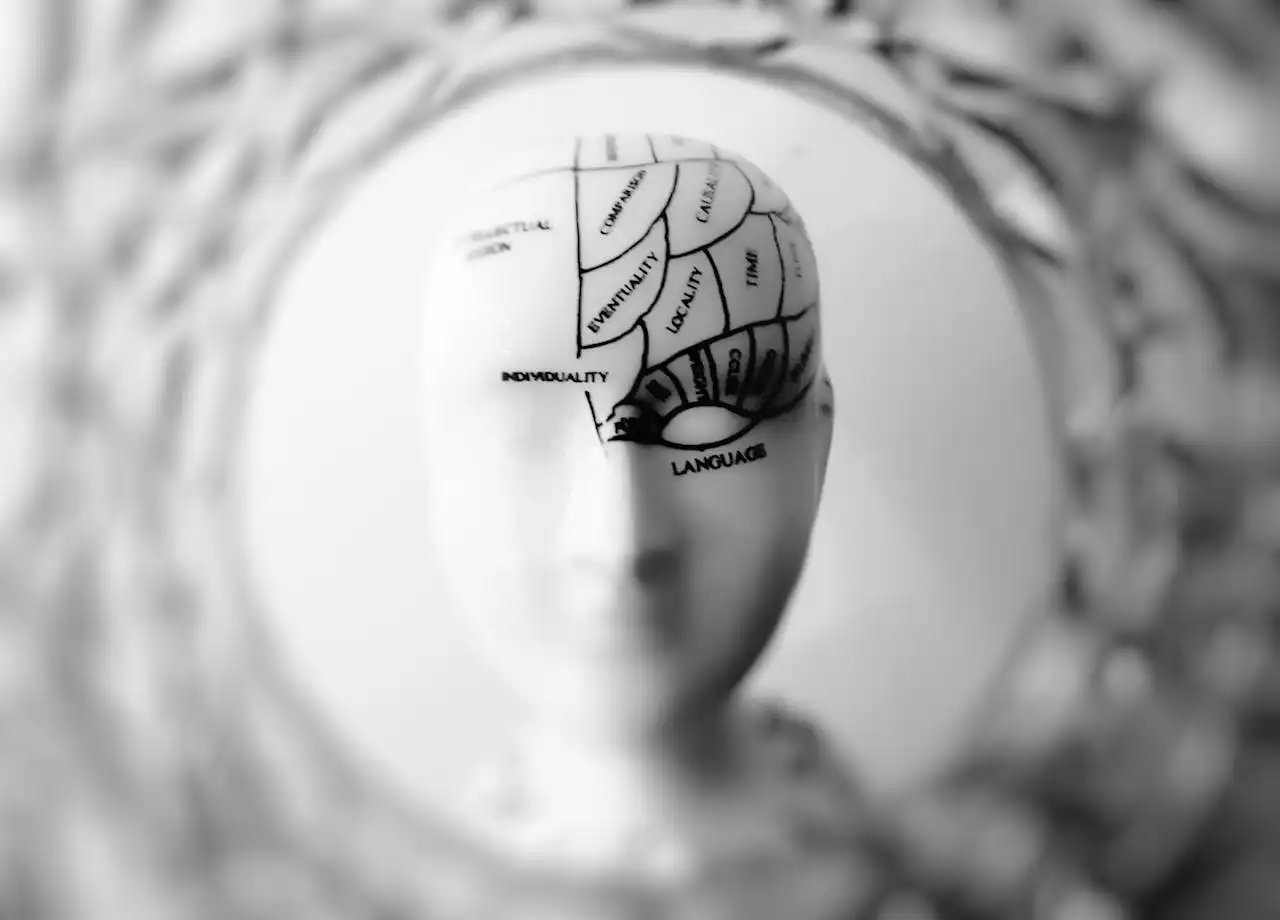
Fuel Your Supercomputer: Five Foods That Will Level Up Your Brainpower
6 months ago
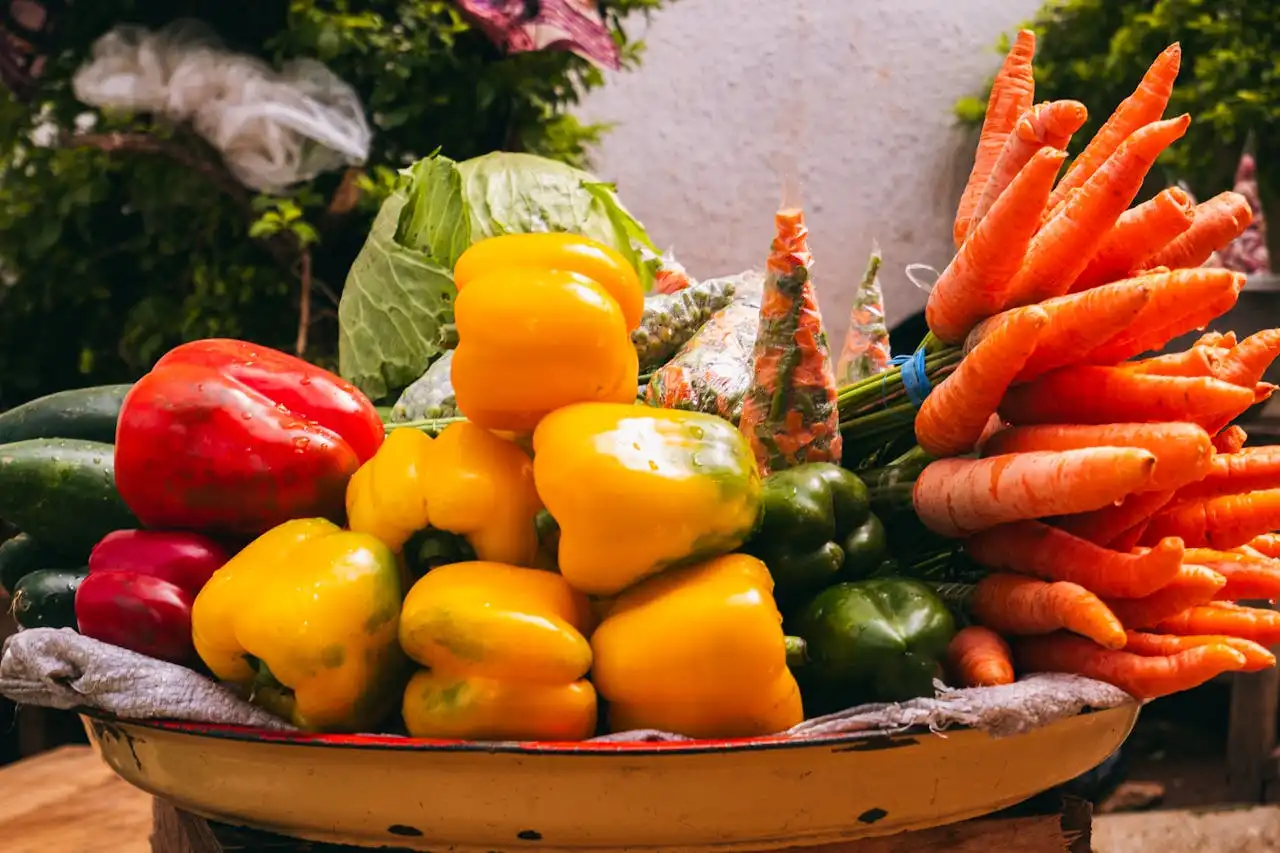
Unlocking Your Inner Shield: Five Veggies That Are Basically Superheroes for Your Immune System
6 months ago

Your Secret Weapon for Weight Loss? It's As Simple As Putting One Foot in Front of the Other
6 months ago
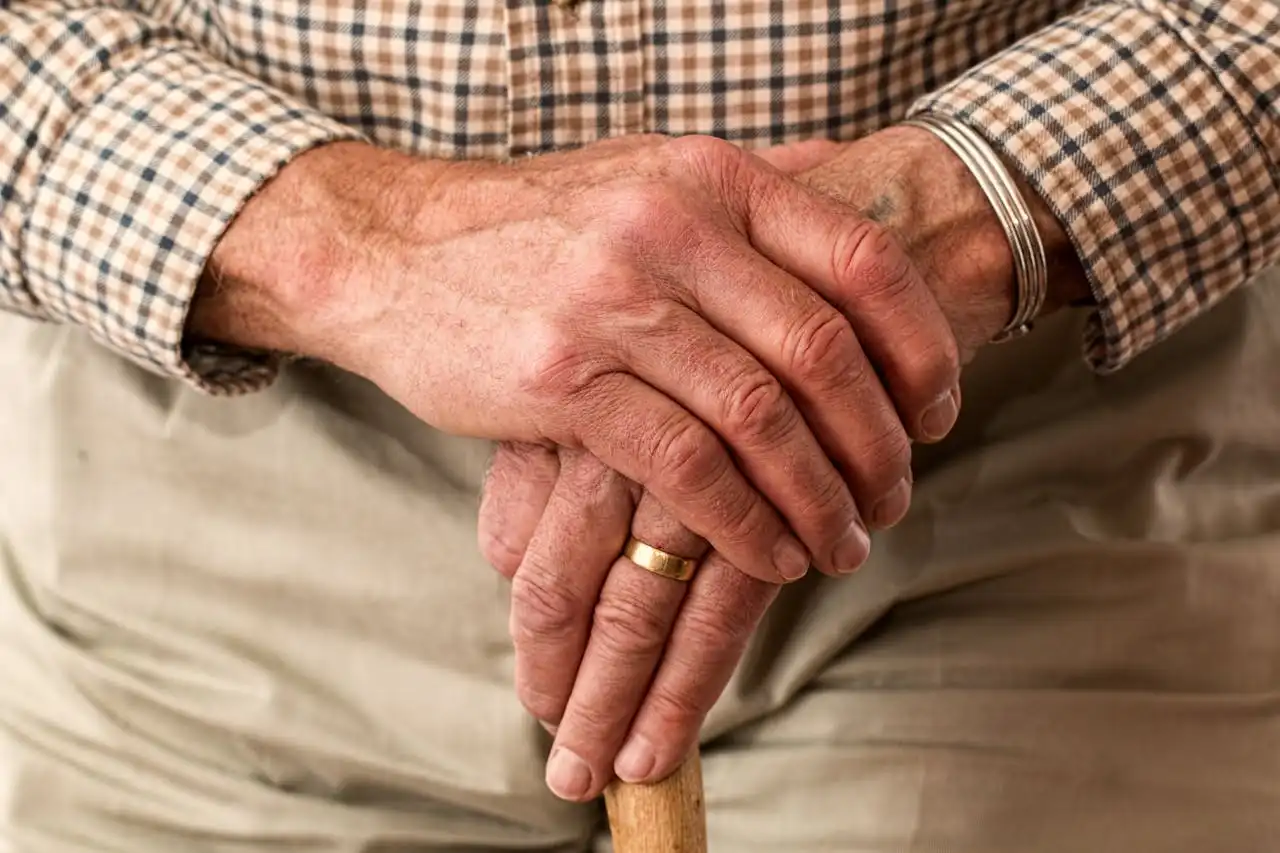
Forever Young: The Secret to a Glowing, Timeless Life
6 months ago
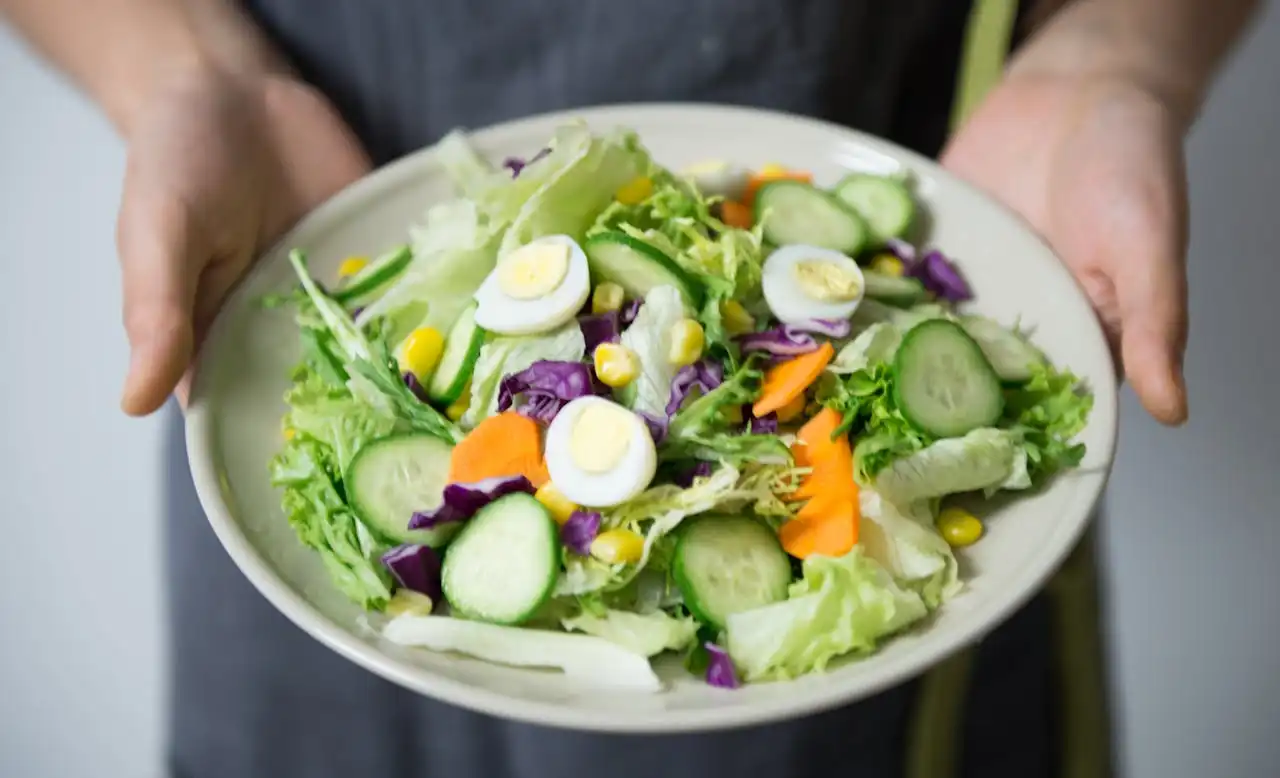
Your Gut Feeling is Right: How to Feed Your Inner Universe for a Happier, Healthier You
6 months ago
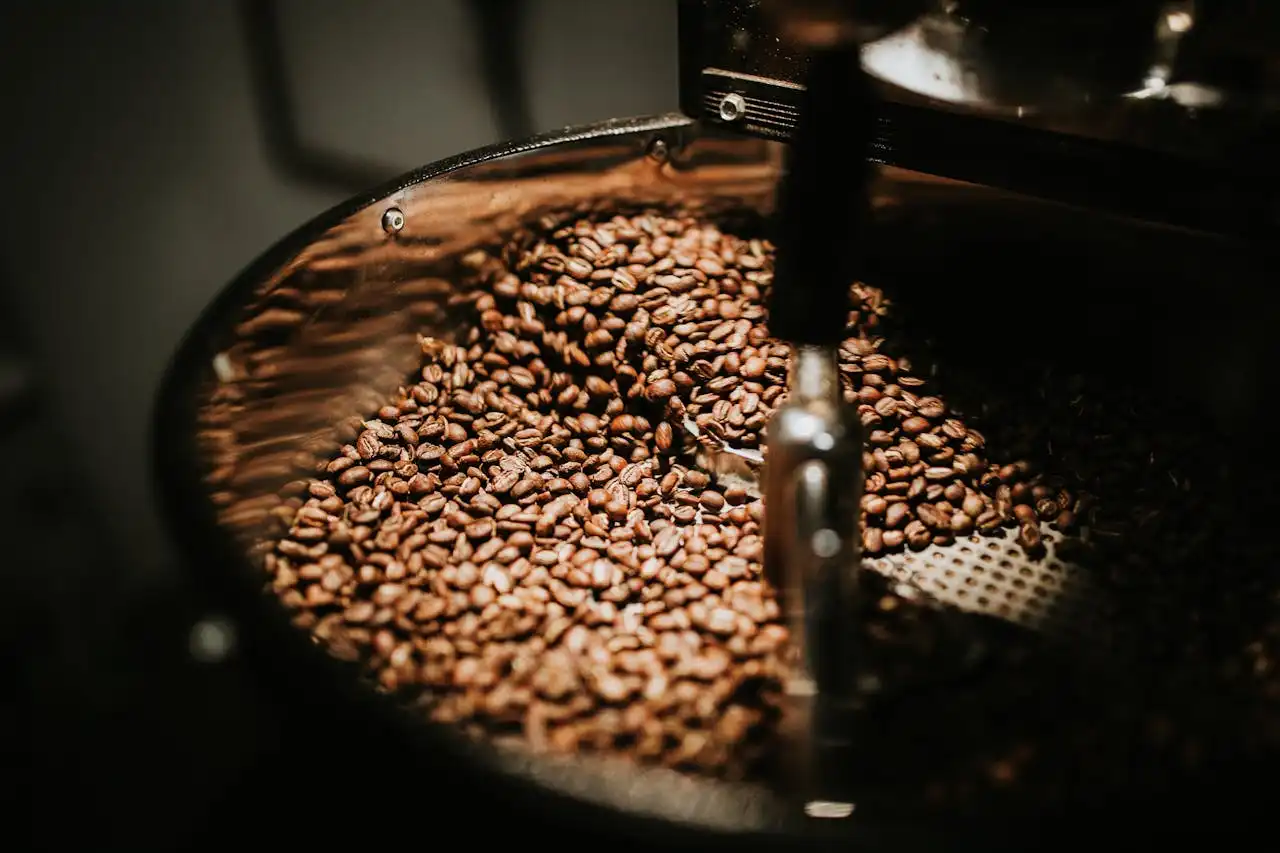
Navigating Your Daily Grind: When Does Your Coffee Habit Cross the Line?
6 months ago
